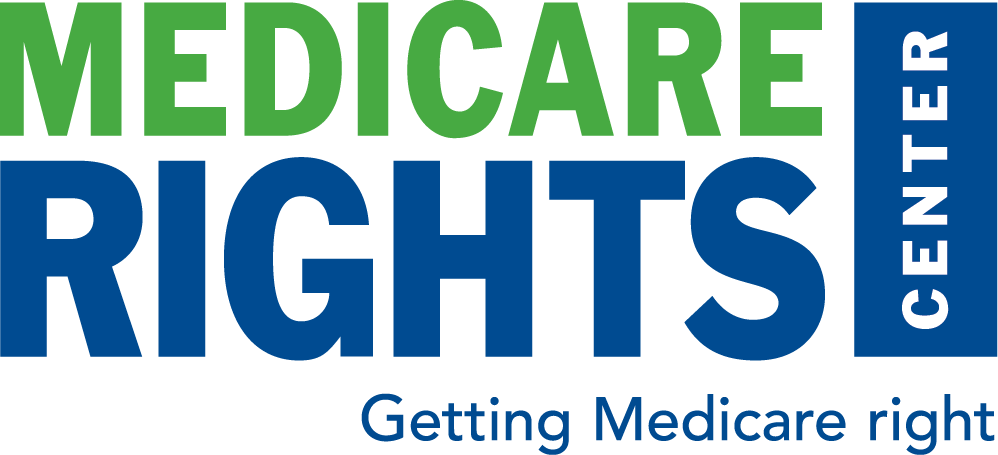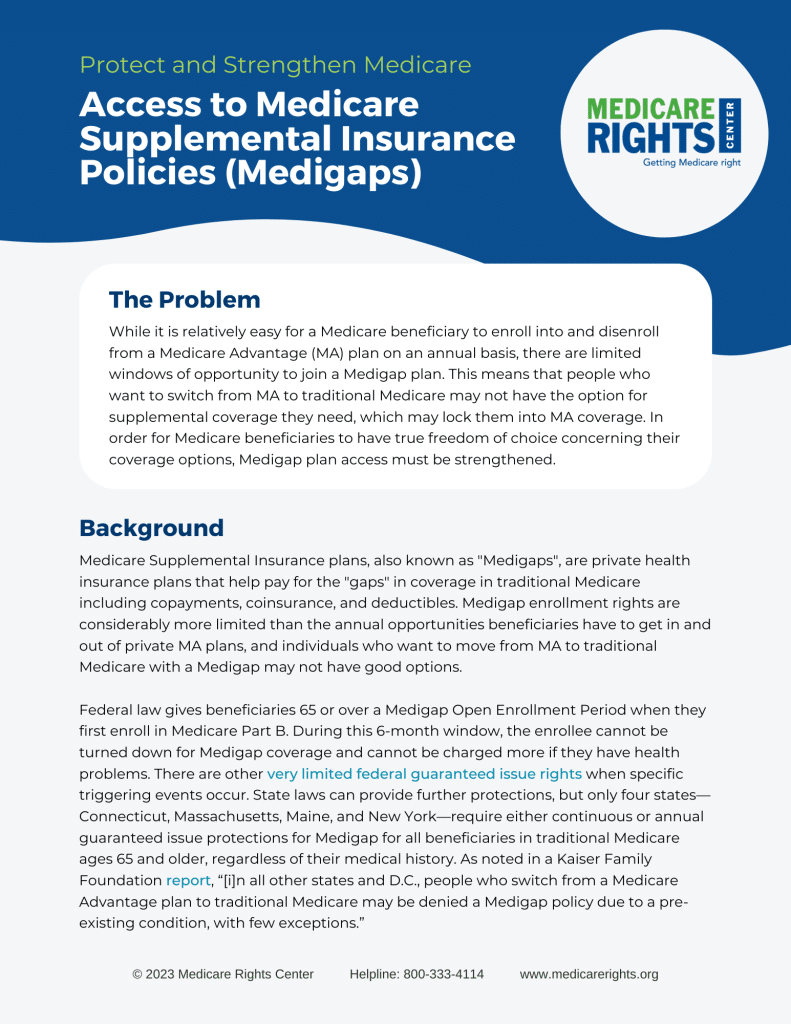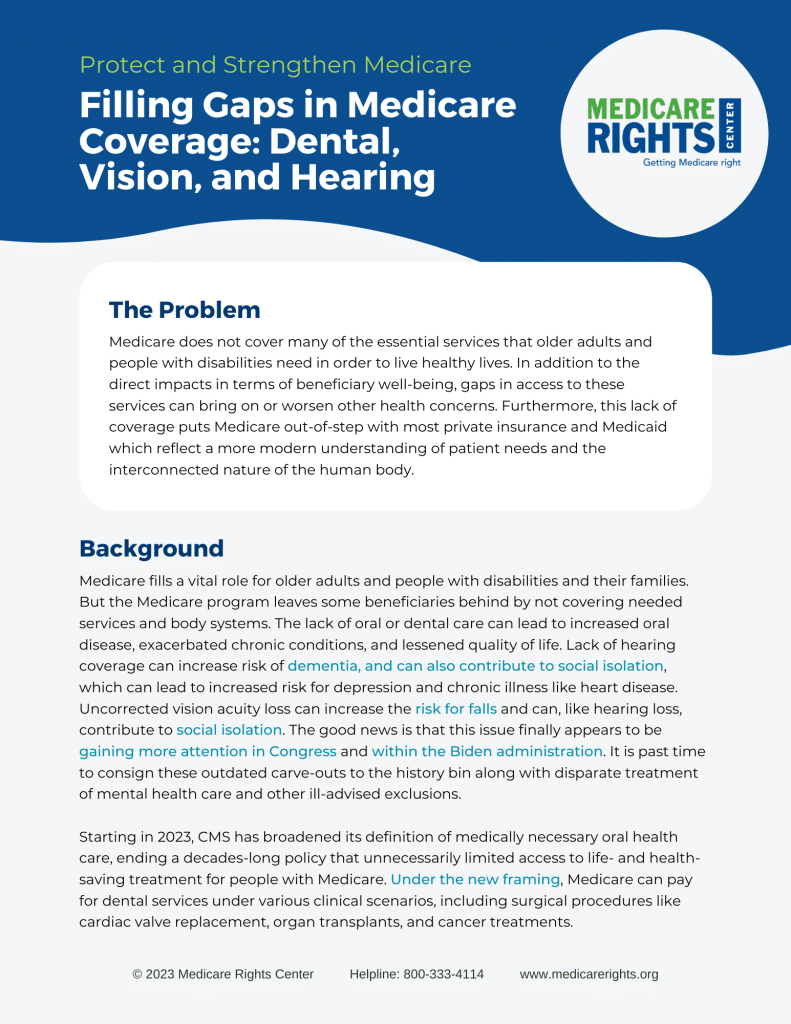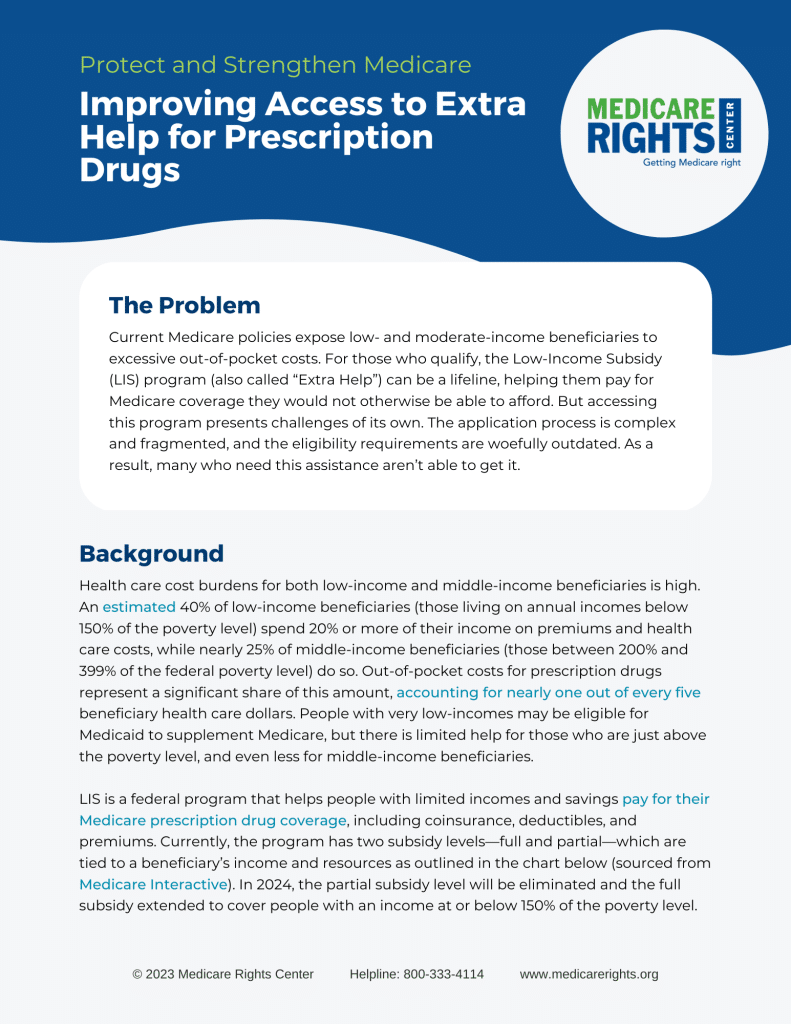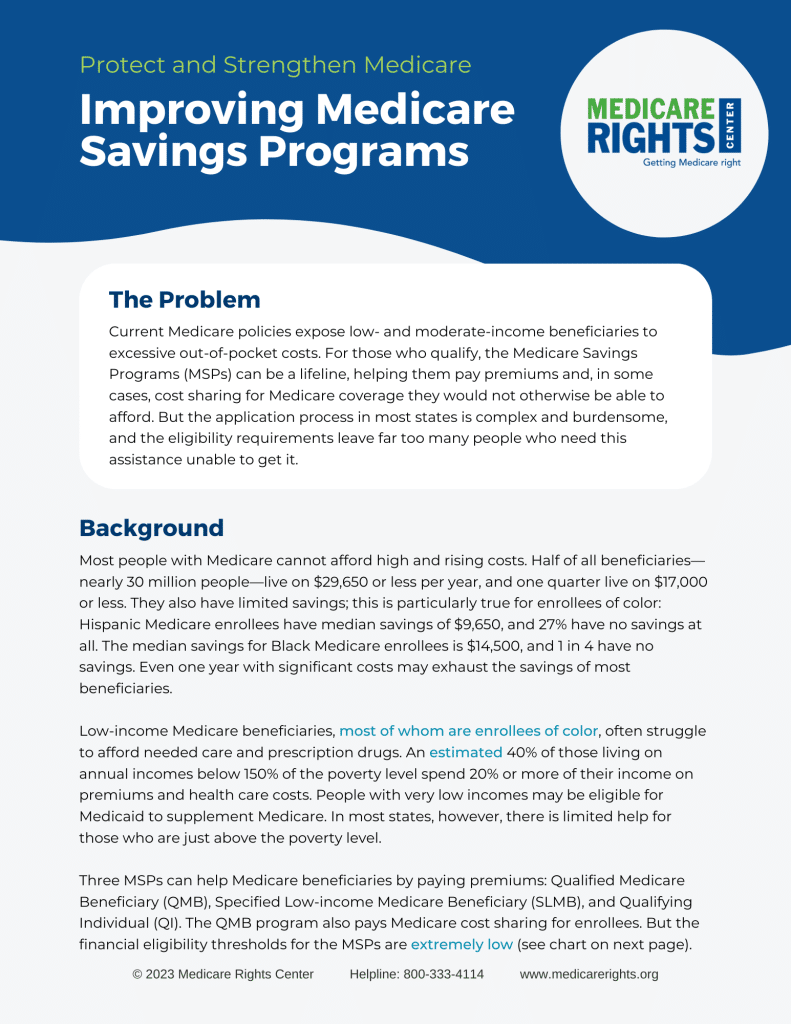The New York State Medicare Savings Coalition, led by the Medicare Rights Center, is an alliance of over 150 community-based organizations, advocacy groups and government agencies in New York State. The Coalition is not intended for or open to employees of health insurance companies, health insurance agents or brokers, self-employed individuals, or individuals employed by private for-profit businesses. By bringing government officials and advocates together in dialogue, our meetings offer Coalition members the opportunity to review the latest information on implementing health care programs for people with limited incomes.
Coalition members stay connected through regular e-mail updates, conference calls, enrollment initiatives and advocacy projects. This ongoing exchange allows us to share knowledge about enrollment strategies and compare case scenarios.
